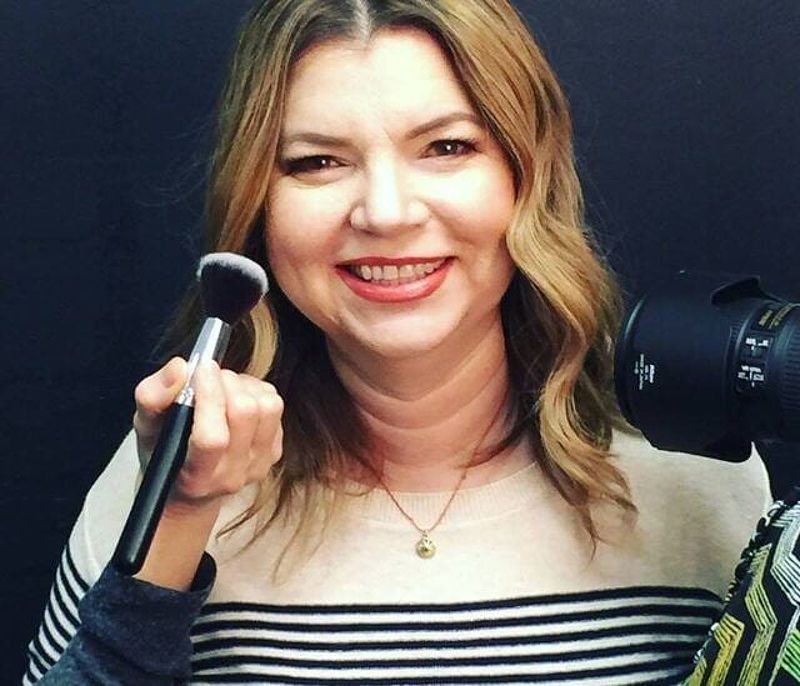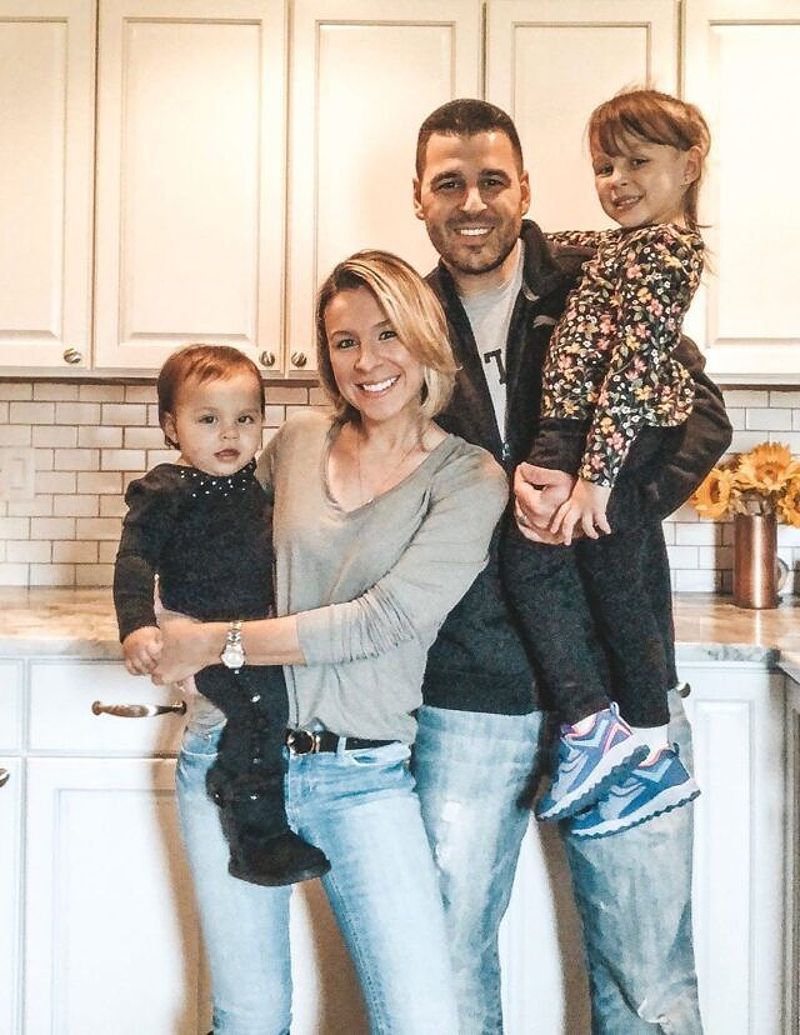The Whole30 program is a structured, 30-day elimination diet that emphasizes the consumption of whole, unprocessed foods. Participants are required to eliminate a comprehensive list of items, including processed foods, added sugars, grains, legumes, dairy, and alcohol. This rigorous approach aims to help individuals identify potential food sensitivities and reset their relationship with food. Understanding the whole 30 before and after experience can provide valuable insights into the program’s potential impact on health and well-being.
Understanding the Whole30: A Deep Dive
What is Whole30?
The core principles of Whole30 involve nourishing the body with a diverse range of whole, nutrient-dense foods. By eliminating potential triggers, participants can gain valuable insights into how specific foods affect their health and well-being. The program also includes a reintroduction phase, where individuals gradually reintroduce the eliminated food groups to pinpoint any negative reactions or sensitivities.
What Whole30 is Not
It’s important to understand that Whole30 is not a quick fix for weight loss or a fad diet. Instead, it focuses on long-term lifestyle changes and a holistic approach to health. The program does not involve calorie counting or restrictive eating, encouraging participants to nourish their bodies without such constraints.
While Whole30 can be beneficial for many individuals, it may not be suitable for everyone, especially those with pre-existing health conditions. Consulting with a healthcare professional is essential before starting the program to ensure it aligns with your specific needs and medical history.
Whole 30 Before and After: Real-Life Transformations
Weight Loss Success Stories
One of the standout success stories is that of Emily, who had struggled with her weight for years. Starting her Whole30 journey at 235 pounds, Emily felt frustrated and overwhelmed. However, after completing the 30-day program, she was thrilled to see the scale drop to 205 pounds—a remarkable 30-pound weight loss.
“The Whole30 was a game-changer for me,” Emily shares. “Not only did I lose a significant amount of weight, but I also felt so much more energized and in control of my health. It was the push I needed to break free from my unhealthy habits and adopt a truly sustainable lifestyle.”

Another inspiring tale is Michael’s, who weighed 310 pounds at the start of his Whole30 journey. After completing the program, he celebrated a weight loss of 35 pounds, dropping to 275 pounds. This transformation not only improved his physical health but also boosted his confidence and energy levels.
“I never thought I could achieve this kind of success,” Michael reflects. “The Whole30 not only helped me shed the excess weight, but it also taught me how to nourish my body with the right foods. I feel more confident, energetic, and in control of my life than I have in years.”
Non-Scale Victories
While weight loss is a common outcome, many participants report non-scale victories (NSVs) that significantly enhance their overall well-being. One such story comes from Sarah, who had been grappling with chronic fatigue and digestive issues before starting Whole30. After just a few weeks on the program, she experienced a remarkable boost in energy, a more stable mood, and relief from gastrointestinal discomfort.
“I couldn’t believe how much better I felt,” Sarah recalls. “It was like a veil had been lifted, and I could finally enjoy my day-to-day activities without feeling bogged down by constant fatigue and discomfort. The Whole30 truly changed my life in ways I never thought possible.”

Jessica’s journey also highlights the transformative potential of Whole30. After struggling with persistent acne and eczema, she found that her skin health improved dramatically post-program.
“I had been dealing with skin issues for years, and nothing seemed to help,” Jessica shares. “But after just a month on the Whole30, my skin started to clear up, and the irritation and inflammation vanished. It was such a relief to finally feel comfortable in my own skin again.”
Addressing Challenges and Setbacks
While the majority of Whole30 participants experience positive transformations, it’s important to acknowledge that not everyone’s journey is smooth sailing. Some individuals may encounter challenges, plateaus, or even setbacks along the way. These can include persistent cravings, social situations that test their resolve, or difficulties with meal planning and preparation.
It’s crucial to approach these challenges with patience, self-compassion, and a willingness to adjust the program as needed. Seeking support from a Whole30 coach or joining a supportive community can be immensely helpful in navigating these obstacles. Additionally, finding strategies to manage cravings, such as practicing mindfulness or engaging in non-food activities, can be invaluable.
Tips for Success on Your Whole30 Journey
Meal Planning and Preparation
Effective meal planning and preparation are key to succeeding on your Whole30 journey. Investing time in creating a weekly meal plan can help you avoid last-minute temptations and ensure you have a variety of Whole30-compliant meals ready to go.

When grocery shopping, focus on stocking your pantry with fresh vegetables, lean proteins, and healthy fats. Explore Whole30-approved cookbooks and online recipe databases for inspiration, and consider batch cooking to save time and make it easier to stick to the program.
Building a Support System
Surrounding yourself with a supportive network can make a significant difference in your Whole30 experience. Engage with friends, family, or online communities who are also participating in the program or have completed it. Sharing your journey, seeking advice, and staying accountable can provide the encouragement and motivation you need to push through challenging moments.

Look for Whole30-specific support groups on social media or forums, where you can connect with like-minded individuals and share your experiences.
Mindset and Motivation
Adopting the right mindset is crucial for success on your Whole30 journey. Set realistic goals, celebrate small victories, and stay focused on the potential benefits of the program, such as improved energy, better sleep, and enhanced overall well-being.
When cravings or challenges arise, practice mindfulness techniques to manage them effectively. Remind yourself of why you started Whole30 and how far you’ve come. If you encounter persistent difficulties, don’t hesitate to seek guidance from a healthcare professional or a Whole30 coach.
Frequently Asked Questions (FAQ)
Is Whole30 Safe for Everyone?
While Whole30 is generally safe for most individuals, it’s essential to consult with a healthcare provider, especially if you have pre-existing medical conditions or take medication. They can provide personalized guidance and ensure the program is appropriate for your specific needs.
How Do I Reintroduce Foods After Whole30?
The reintroduction phase is a crucial step in the Whole30 process, as it allows you to identify potential food sensitivities. It’s recommended to reintroduce one food group at a time, closely monitoring your body’s reactions before moving on to the next group.
Can I Do Whole30 While Exercising?
Yes, many Whole30 participants find that the program enhances their exercise performance due to increased energy and reduced inflammation. However, it’s essential to listen to your body and adjust the intensity of your workouts as needed.
What Are Some Common Whole30 Recipes?
Whole30 encourages the consumption of a diverse range of whole, unprocessed foods. Some popular recipes include grilled chicken with roasted vegetables, zucchini noodles with homemade pesto, and hearty beef and vegetable stir-fries.
What Are the Long-Term Benefits of Whole30?
Adopting a Whole30 lifestyle can lead to lasting benefits, such as improved energy levels, better sleep quality, enhanced digestion, and a deeper understanding of your body’s nutritional needs. Many participants find that they continue to make healthier food choices long after completing the program.
Conclusion
The Whole30 program offers a transformative experience for those seeking to improve their eating habits, achieve weight loss, and enhance their overall health. By eliminating processed foods, added sugars, and potential triggers, participants can rediscover a healthier relationship with food and unlock renewed vitality.
Whether your goal is significant weight loss or non-scale victories like improved energy and better sleep, the Whole30 provides a proven and sustainable approach to health. With the right preparation, support, and mindset, you can embark on a journey of self-discovery and transformation through the Whole30.
Remember, the Whole30 is not about deprivation, but rather about nourishing your body and finding a balanced, sustainable lifestyle. Embrace the challenge, trust the process, and look forward to the remarkable transformations that await you.
